There are pretty good odds your neighborhood is subject to a monopoly on broadband. It stinks and needs to change, but we’re used to it. We think about it. It’s right there every month, when we get our bills or have a crappy customer service call and still can’t switch providers even if we want to. But there’s a whole other monopoly telecom market that’s still probably costing you a couple hundred dollars a year, and it’s basically invisible to most of us. [More]
Government Policy
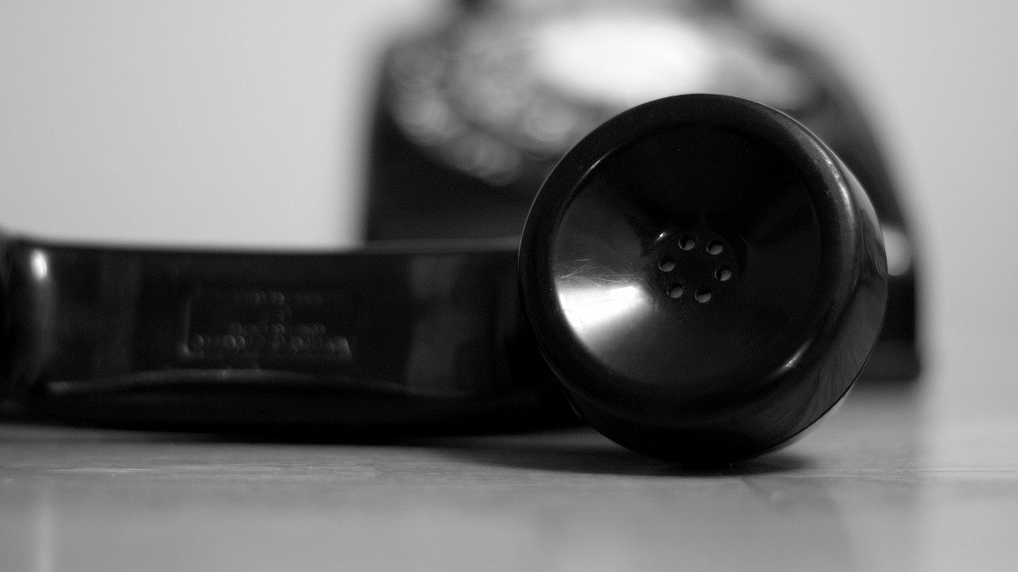
Telecom Market You Probably Never Heard Of Costs Consumers & Businesses An Extra $20B Per Year
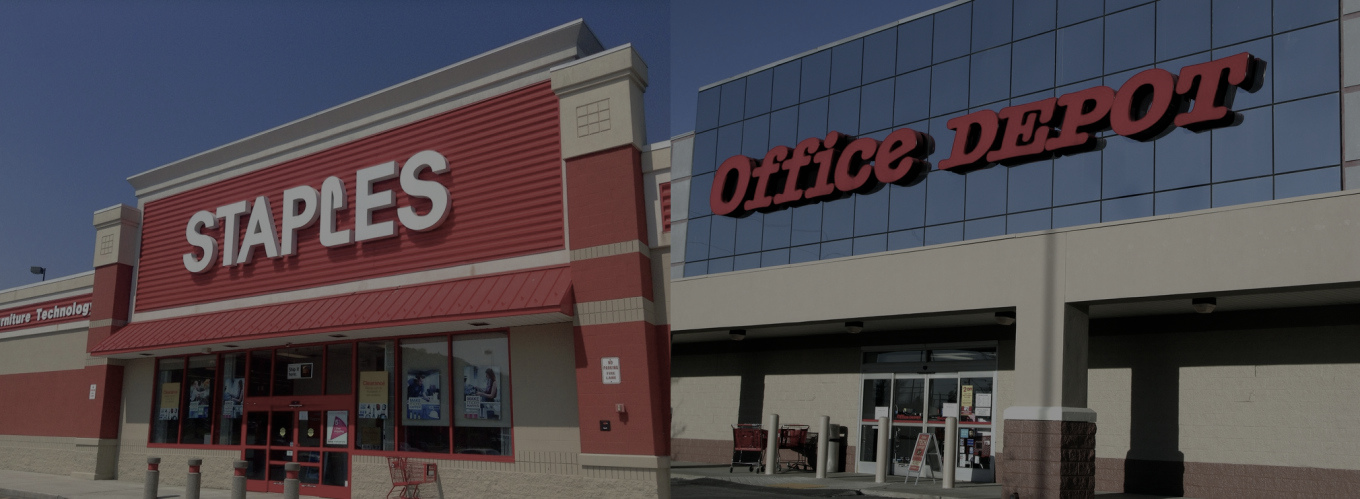
Staples & Office Depot Ask Judge To Toss Antitrust Lawsuit Without Defending Merger
Two weeks after the beginning of a federal court hearing on the proposed mega-merger between Office Depot and Staples, the office supply chains’ lawyers have decided not to present a defense against the Federal Trade Commission’s claim that the deal is bad for consumers and businesses. [More]
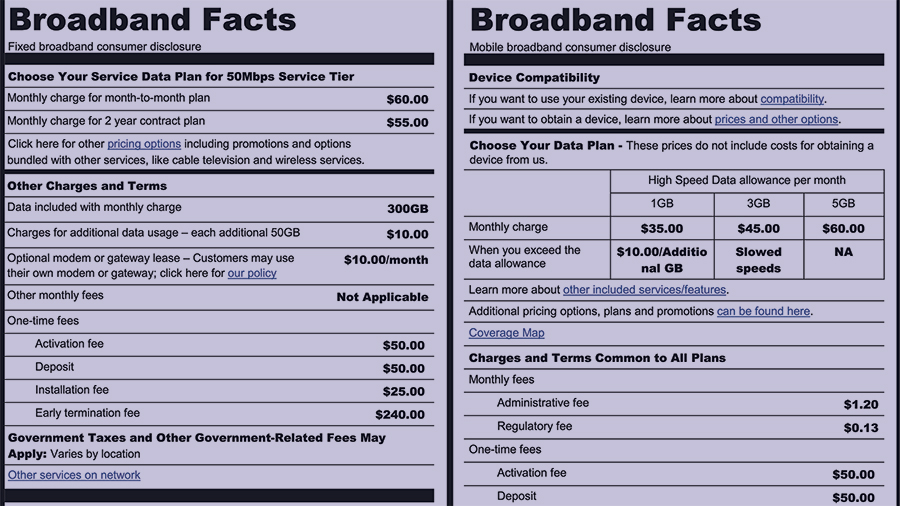
FCC, CFPB Announce Nutrition-Like Labels For Broadband
When the FCC narrowly approved the Open Internet Order a year ago, most of the discussion involved “net neutrality” — the rules against Internet service providers being able to block, slow down, or prioritize access to specific sites and content. However, the Order also contained new transparency rules requiring broadband providers to, well, be more transparent with consumers, which is why today the FCC announced a new labeling system to help keep consumers informed. [More]

FDA Proposes Limit For Inorganic Arsenic In Infant Rice Cereal
While there are currently no federal limits on arsenic levels in most food, the Food and Drug Administration announced today that it’s taking steps aimed at reducing inorganic arsenic in at least one product, infant rice cereal. [More]

CDC: The Dole Salad Listeria Outbreak Is Finally Over
According to the Centers for Disease Control and Prevention and the Food and Drug Administration, the outbreak of Listeria in bagged salad mixes is now officially over. Contaminated salads sent 19 people to the hospital, killing one patient, and made an unknown number of other people sick. How did the greens get contaminated? Was there a problem with the Ohio facility, and is it still shut down? We don’t currently know. [More]

Comcast Says FCC Privacy Rules Will Hurt Consumers By Not Allowing Them To See More Comcast Ads
The number-one complaint we get from Consumerist readers is “You guys just don’t have enough ads on your site! Where are all the pop-ups, roll-overs, pop-overs, auto-play videos, and page-crashing ad units that make surfing the web so dang enjoyable?” We hear you, we do; we just don’t have the staff to sell all those ads you want bogging down your browser and tracking you across pages and platforms. And even if we did, those pesky jerks at the FCC are trying to rob us — and consumers — of more options to be marketed to, and commodified by, our Internet service providers. [More]
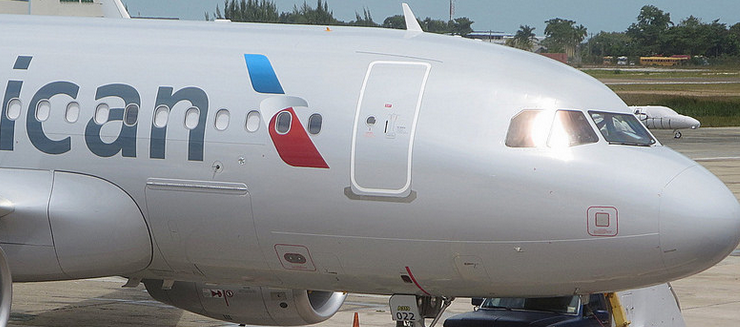
American Airlines Ditching Confusing 24-Hour Hold Policy For 24-Hour Cancellation Option
Federal airline regulations require that carriers must either give most passengers a 24-hour window to cancel tickets without penalty, or allow travelers to put tickets on hold for 24 hours before being charged the airfare. Of all major U.S. carriers, American Airlines is the only one that doesn’t offer the cancellation option, resulting in costly confusion for some travelers. But AA says it is ditching that policy and will begin offering the 24-hour cancellation window instead. [More]

Divided FCC Votes To Approve Lifeline Modernization, Consider New ISP Privacy Rules
The Federal Communications Commission today in their monthly meeting voted narrowly to move forward with two high-profile, contentious proposals. One is formally adopting a plan to modernize the Lifeline program, and the other is to start considering how to apply stronger consumer privacy protections to ISPs. [More]
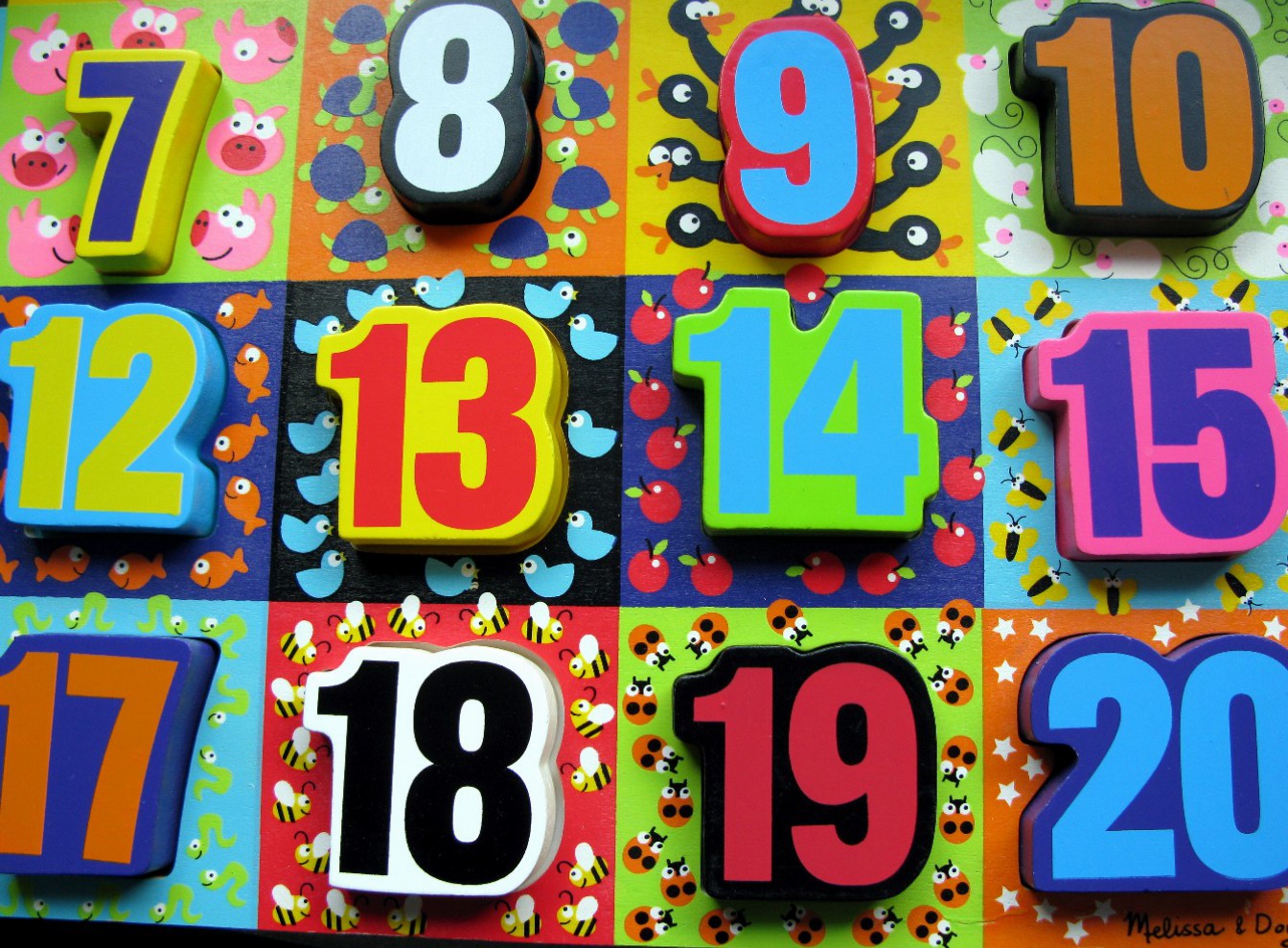
Hot Lotto Says Employee Fraud Didn’t Necessarily Affect Next Winner’s Prize
Last year, the man who used to be in charge of security for the Multi-State Lottery Assocation was convicted of rigging one of his employer’s games and buying himself the winning ticket. The winner of the next jackpot sued the Association, arguing that his own prize would have been bigger if the fraudulent win hadn’t happened. Is that true? The lottery group argues that it’s not. [More]
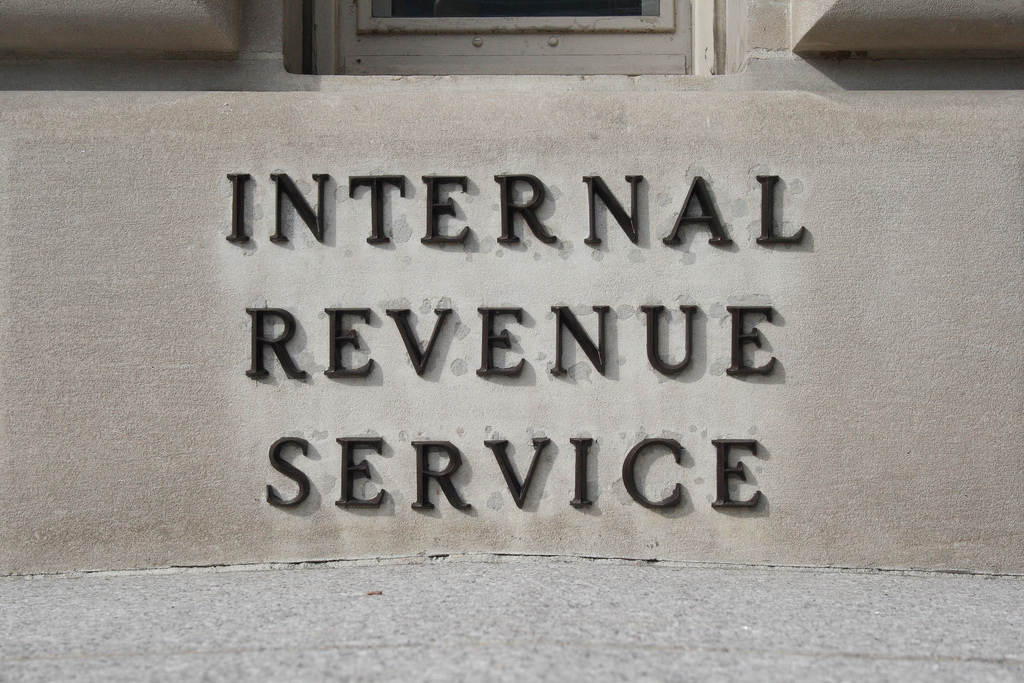
IRS Wants Your Help To Make Its Website Better
Earlier this year, the Internal Revenue Service announced that its website was used as an avenue for hackers to get their hands on nearly 500,000 stolen Social Security Numbers. While those ne’er-do-wells apparently didn’t have a difficult time traversing the site, consumers who actually head to the portal for help during tax time aren’t so lucky. For that reason, the agency is asking for help in revamping its online presence — and a chance to win $10,000. [More]

Feds Say Drug Company Illegally Blocked Lower-Cost Generics From Entering Market
When a drug patent nears its end, drug companies sometimes do really stupid, potentially illegal things to delay or prevent their bottom line being dinged by a lower-cost generic version. One drug company is accused of not just paying off a generic drug maker to delay the release of its version of two medications, but further hurting consumers by agreeing to not compete with the generic. [More]
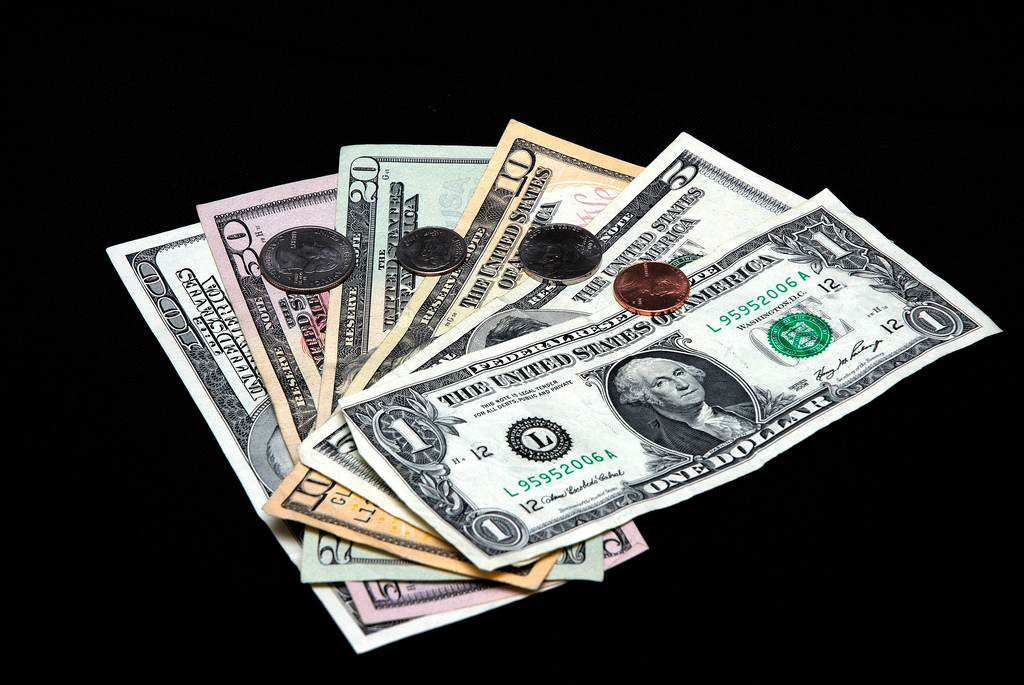
Feds Shut Down Student Loan Debt Relief Operation That Collected $3.6M In Illegal Fees
Federal law bars debt relief services from receiving upfront fees before they’ve even renegotiated a single debt for a customer. But one student loan debt relief operation allegedly took in nearly $3.6 million in illegal fees, only to enroll borrowers in programs that are already available for free.
[More]
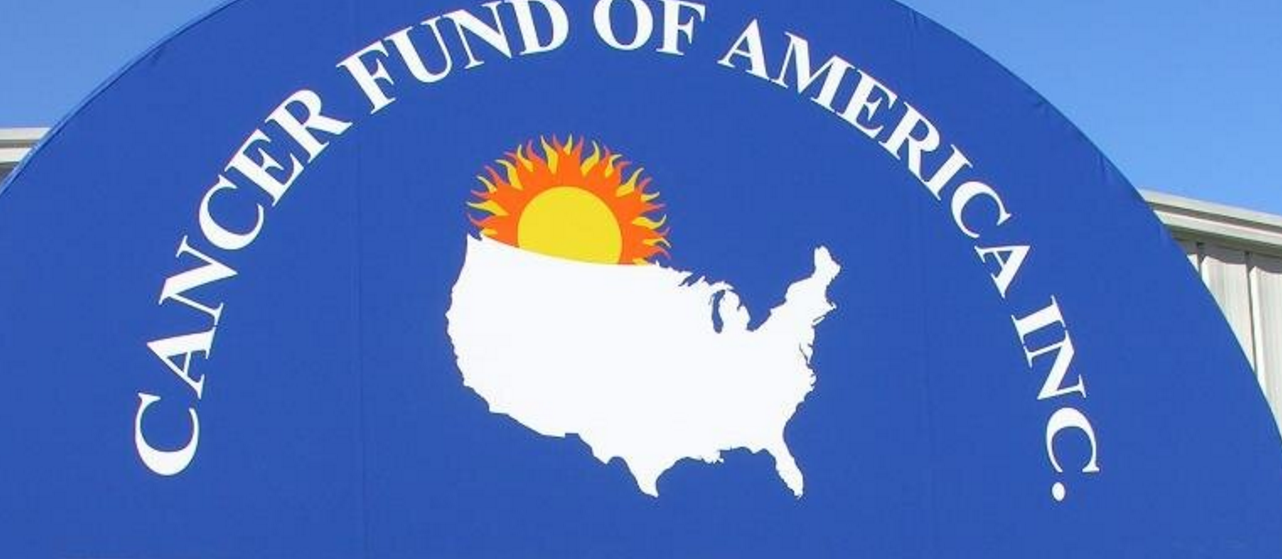
Cancer Charities That Scammed $75M From Donors Must Shut Down, Issue Refunds
Last May, an investigation involving federal regulators and prosecutors from all 50 states led to four national cancer charities being charged with swindling consumers out of $187 million in charitable donations. Today, two of those bogus charities — responsible for $75 million in bilked donations — have agreed to close up shop and provide refunds to donors.

Feds Sue Volkswagen For Deceptive “Clean Diesel” Advertising
We all know by now that Volkswagen’s “Clean Diesel” vehicles were anything but, and that the carmaker deliberately used so-called “defeat devices” to cheat on emissions tests. Now, in an effort to get compensation for people who purchased one of these dirty diesels, the Federal Trade Commission has sued VW, accusing the company of deceptive advertising. [More]
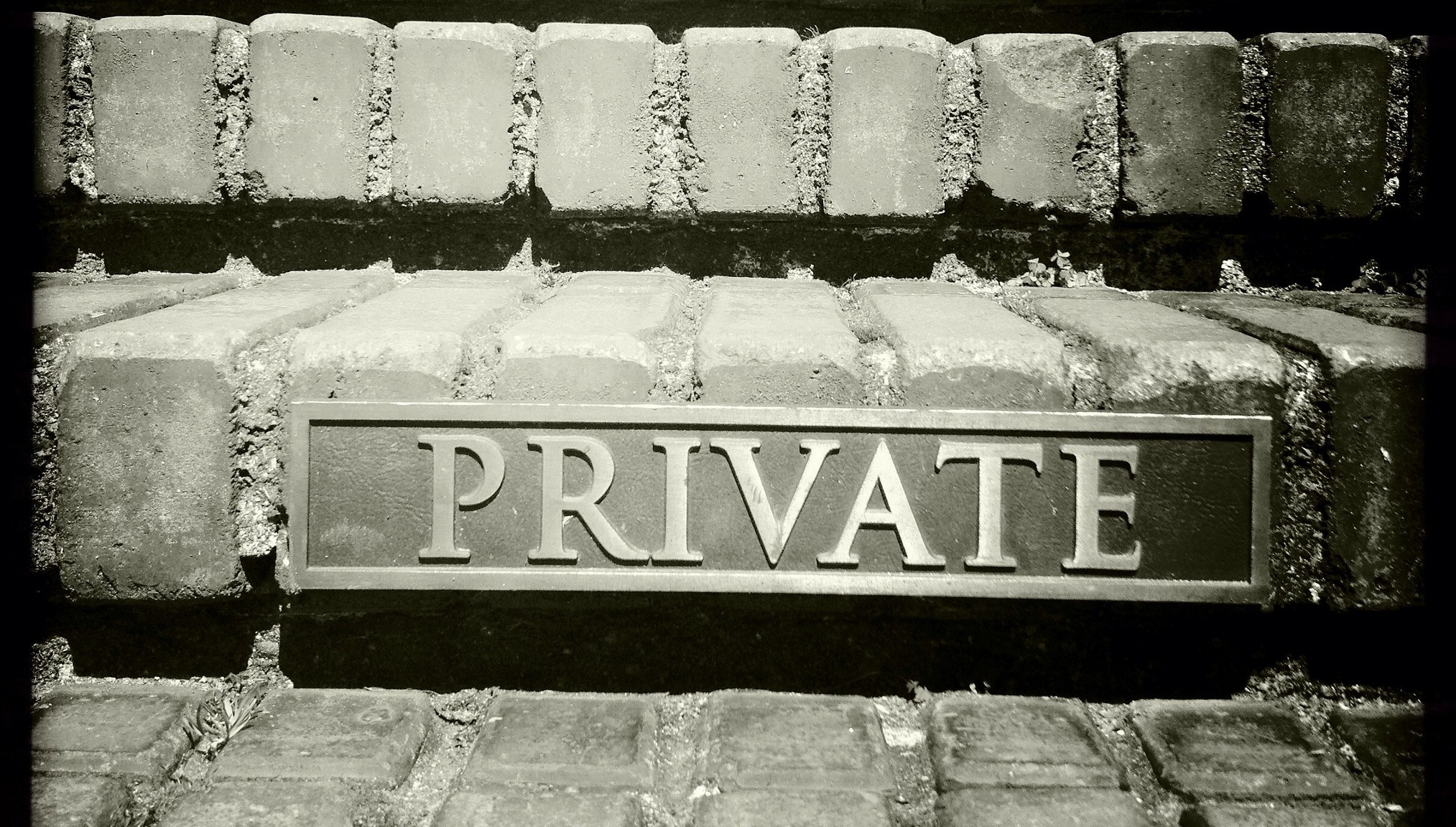
Broadband Industry: It’s Unfair If Facebook Can Collect Your Data, But AT&T Can’t
Later this week, the Federal Communications Commission will be voting on a proposal intended to protect some of your personal data from being shared by your Internet service provider, by requiring that the ISP first get your permission. As the vote approaches, the broadband industry is trying to make the case that your ISP’s collecting and sharing of customer data is no different than Facebook or Google’s. [More]
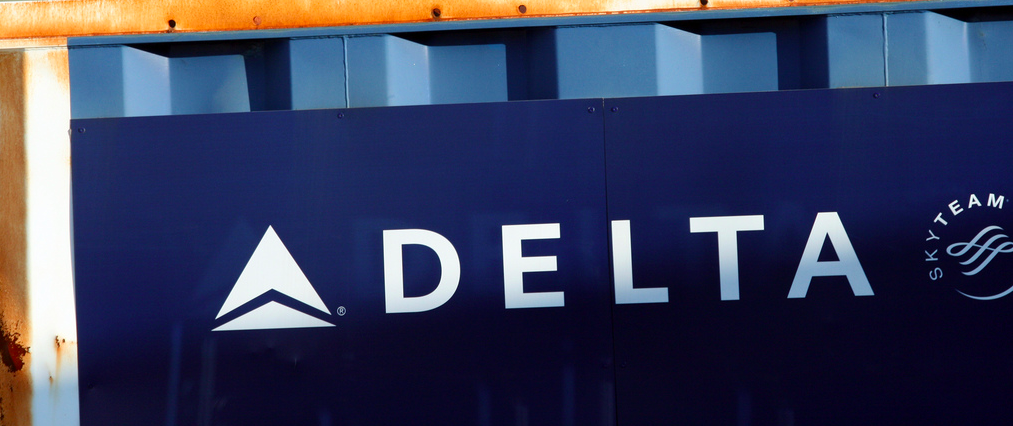
Delta Employee With $282K In Backpack Arrested For Illegal Money Transmitting
Between the JetBlue flight attendant recently arrested for trying to get 69 pounds of cocaine through airport security and a Delta baggage handler taken into custody for allegedly smuggling more than 100 guns onto flights, you’d hope that airline staffers would think twice before abusing their positions. Apparently, that didn’t cross the mind of another Delta ramp agent arrested over the weekend with a backpack full of cash. [More]
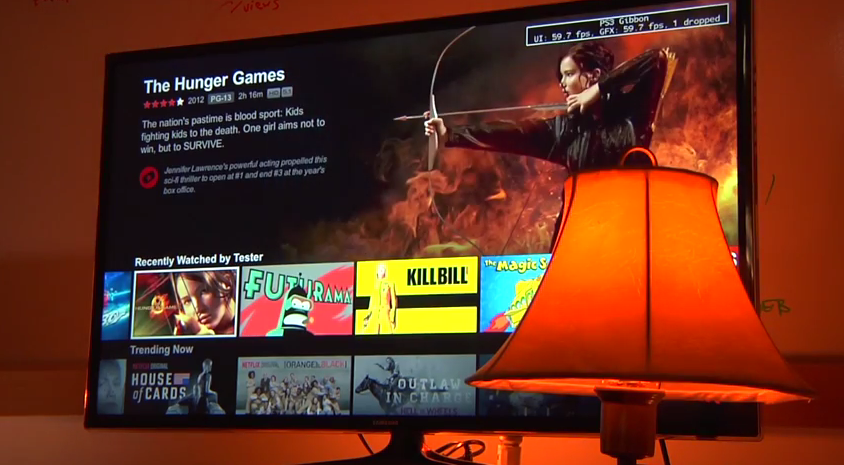
Cable Industry Doesn’t Understand Net Neutrality, Wants Netflix Investigated For Throttling
The core tenet of “net neutrality” is that Internet service providers — the Comcasts, Time Warner Cables, and Verizons of the world — can’t do anything to block, limit, or expedite users’ access to content. Regardless of whether it’s a video stream or a PDF, these carriers should be delivering the content as quickly as they advertise. And even though the cable industry is currently fighting net neutrality in court, it apparently has no understanding of that basic underlying principle. [More]


